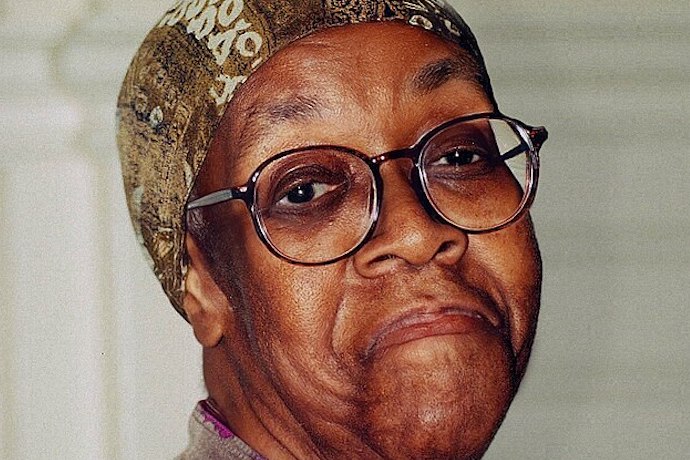
Poetry and music are closely related, but exactly how much inspiration do they take from each other? Here are five well-loved examples of poems inspired by music.
1.’The Piano’ by Gillian Clarke
This poem by Wales’s former National Poet Gillian Clarke evokes the atmosphere of a late-night piano performance in a quiet suburb. It focuses on a mother’s perspective as she listens to her teenage son practising piano in the middle of the night, combining a sense of intimacy and nostalgia as the mother reflects on her son’s birth.
2. ‘We Real Cool’ by Gwendolyn Brooks
Next up on our list of poems inspired by music is this 1959 poem by Gwendolyn Brooks. Though brief, it is deeply influenced by the syncopations of jazz music. Brooks was inspired to write this poem after walking past a pool hall in her Chicago neighboruhood and seeing a group of young boys inside. Instead of wondering why they weren’t in school, she imagined how they might feel about themselves, conveying them as rebels who proudly defy authority, and will likely pay for this in their lives.
3. ‘The Guitar’ by Federico García Lorca
In this deeply melancholy 1921 poem, Lorca personifies the dramatic capabilities of the guitar, using them as a metaphor for human suffering. She describes it as ‘weeping’ , going on to explore themes of sorrow, loss and the inevitability of human pain.
4. ‘The Weary Blues’ by Langston Hughes
Written in 1925, during the Harlem Renaissance, ‘The Weary Blues’ is one of Langston Hughes’s most famous poems. It describes a black piano player performing a slow, sad blues song in a Harlem club one night. He sings about his loneliness, troubles, and desire for death, channeling the pain and injustice of racial discrimination through his music. Through vivid imagery and sound devices – such as the onomatopoeic line ‘Thump, thump, thump’, Hughes captures the essence of Blues music, using it as a metaphor for the Black experience in America at the time.
5. ‘The Composer’ by W.H Auden
Finally, in our survey of poems inspired by music: ‘The Composer,’ which may have been inspired by Auden’s close friend Benjamin Britten, favourably compares a composer to the painter and the poet, suggesting that composers have the power to move us in ways that other artists cannot. At a later point in his life, Auden reflected more specifically on Britten’s abilities ‘What immediately struck me about Britten the composer, was his extraordinary musical sensitivity in relation to the English language. One had always been told that English was an impossible tongue to set or to sing. . . . Here at last was a composer who could set the language without undue distortion.’